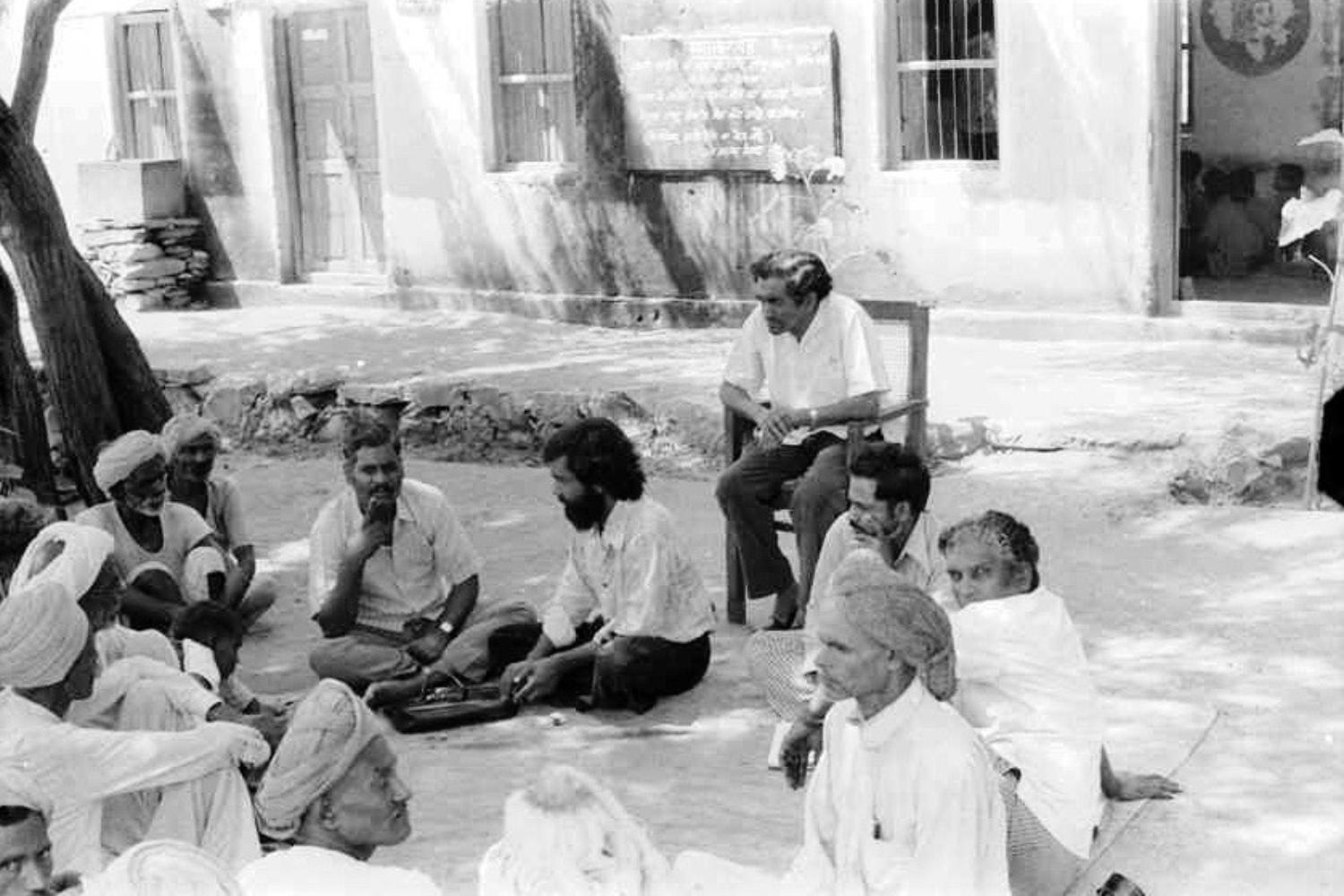Good governance in civil society organizations – What it means and what can be done
This issue of Samuhik Pahal focuses on governance, and how the adoption of good governance practices can help CSOs fulfil their objectives effectively. It carries reflections and opinions from multiple vantage points, which illuminate some relatively neglected aspects of this vital theme.

The discourse on good governance is many decades old. Initially, it was used as a framework for understanding public action and for ensuring that governmental institutions function effectively and equitably. It has now been extended to the functioning of civil society organizations (CSOs).
This has sometimes been seen as a creeping bureaucratization of the sector. Despite there being some truth in such an understanding, this move toward ensuring good governance has a large number of positive aspects to recommend it.
What is good governance? The first aspect of good governance is the adherence to all the legal requirements in letter and spirit. The regulatory framework within which CSOs function these days is complex. This includes financial audits, to the need for registration under FCRA to receive foreign funds, etc. It is a difficult terrain to navigate. However, there can be no excuses to not obey the law in a democratic country. The recourse to what may be seen as bad provisions of the laws are in the courts, or in collective advocacy measures to amend provisions and rules that hinder optimal functioning.
The second aspect has to do with accountability, especially financial accountability. Without having to justify impact in a narrow fashion, CSOs must have financial management and auditing processes in place that help in proper utilization of funds. This is important as CSOs are public institutions and must stay open to public scrutiny. Financial transparency is an important part of this process.
The third aspect of good governance lies in running the organization itself in a way that is conducive to human flourishing. This includes managing the organization in an equitable and inclusive fashion, which is also respectful of diversity. For CSOs, inclusion and equity must start at home.
The fourth, and perhaps the most important aspect of good governance relates to community participation. Different CSOs have tried out different models. These include creating processes that enable community members to become team members, to regular community consultations to develop programmatic agendas, and having people from the community as Board members. We must think of innovative ways in which the communities we work with are able to participate in most, if not all, significant governance processes.
Participatory governance is good governance. Transparency, responsiveness, effectiveness and efficiency, and accountability are also all important aspects of instituting good governance processes in CSOs.




No approved comments yet. Be the first to comment!